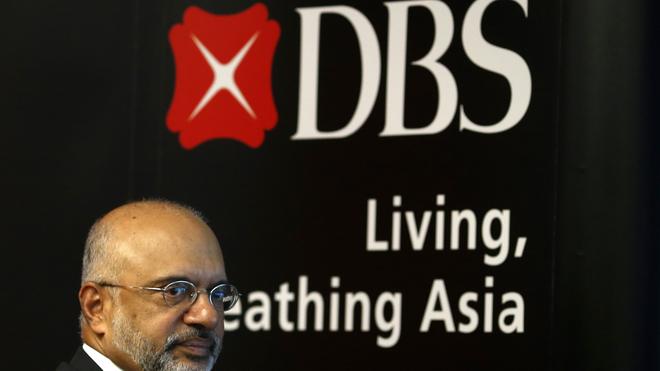DBS Bank to Cut Thousands of Contract Jobs Amid AI Adoption
INDIA, RAKYAT NEWS – DBS Group Holdings, one of Southeast Asia’s largest banks, has announced plans to cut **4,000 contract jobs** over the next three years. This move comes as the bank increasingly adopts artificial intelligence (AI) to automate tasks traditionally performed by humans.
According to CEO Piyush Gupta, the reduction will affect 8,000 to 9,000 contract workers whose roles are susceptible to AI replacement.
However, permanent employees will remain unaffected. DBS currently employs around 41,000 people globally.
The decision aligns with a broader trend in the banking sector. A recent Bloomberg Intelligence, report predicts that 200,000 jobs worldwide could be cut in the next **3-5 years as AI continues to automate routine tasks.
Banks surveyed in the report indicated an average workforce reduction of 3% due to AI adoption.
Piyush Gupta emphasized that the job cuts would occur naturally as contracts expire, rather than through sudden layoffs. He also confirmed that permanent staff would not be impacted, highlighting the bank’s focus on reskilling and upskilling its workforce.
While AI is replacing certain roles, many experts argue that it is also creating new opportunities. Teresa Heitsenrether, a senior executive at JPMorgan Chase, noted that generative AI has already led to the creation of new jobs within the banking sector.
Despite the workforce reduction, DBS continues to expand its operations in key markets like Indonesia. The bank aims to attract 50,000 new customers through its recycled credit card initiative, showcasing its commitment to growth in the region.
The announcement comes amid concerns about economic slowdowns in markets like Indonesia, where DBS has a significant presence. Analysts predict that Indonesia’s economy may weaken ahead of the 2024 general elections, adding complexity to the bank’s strategic decisions.
DBS’s move reflects the growing impact of AI on the global workforce, particularly in industries like banking. While AI adoption brings efficiency, it also raises questions about the future of work and the need for reskilling programs to help employees adapt to technological changes. (Uki Ruknuddin)


Tinggalkan Balasan Batalkan balasan